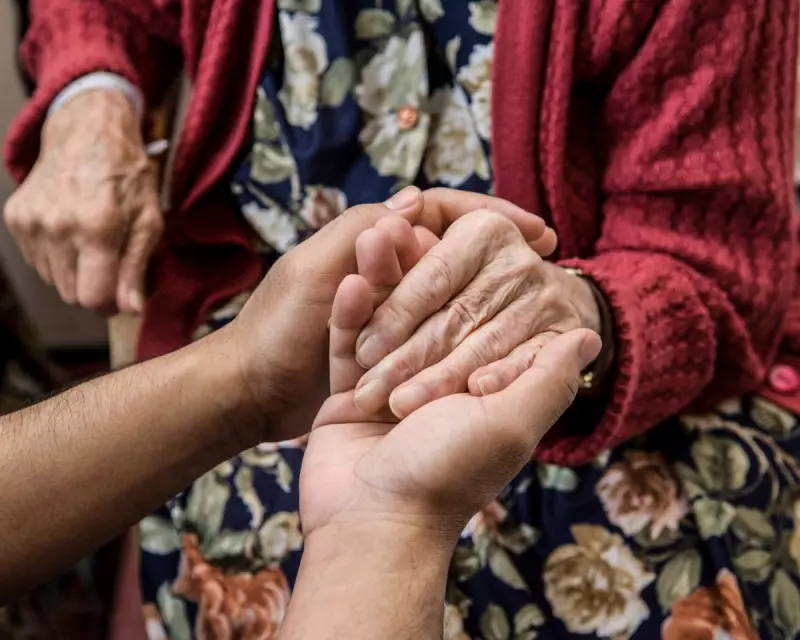
A stark new analysis has delivered a sobering verdict on Britain's approach to end-of-life care, arguing that the system requires nothing short of a complete overhaul rather than simply pouring more money into a fundamentally flawed model.
The Human Cost of Systemic Failure
The report, compiled by the prestigious Nuffield Trust think tank, reveals that current palliative care provisions are failing thousands of people across the UK during their most vulnerable moments. Rather than receiving compassionate, coordinated support, many patients and their families encounter a fragmented system plagued by inconsistent standards and inadequate resources.
"We're witnessing a quiet crisis unfolding in homes and hospitals nationwide," the report states. "The current approach often leaves people navigating their final journey without the comprehensive support they desperately need and deserve."
Beyond the Funding Debate
While funding shortages have dominated political discussions around healthcare, the analysis suggests this focus misses the core problem. The issue isn't merely financial but structural – a system struggling to adapt to changing demographics, medical advancements, and evolving patient expectations.
The researchers identified several critical areas requiring immediate attention:
- Fragmented coordination between hospitals, community services, and hospices
- Significant regional disparities in care quality and accessibility
- Inadequate support for carers and family members
- Failure to address the emotional and psychological dimensions of terminal illness
A Call for Radical Rethink
The report urges policymakers to move beyond temporary fixes and embrace a more holistic vision for end-of-life care. This would involve creating integrated networks that seamlessly connect different care providers and ensure consistent standards regardless of where patients live.
"What we're proposing isn't merely an expansion of existing services but a fundamental reimagining of how we support people at life's end," explained one of the report's lead authors. "This requires breaking down institutional barriers and placing patient dignity at the centre of everything we do."
The Path Forward
Key recommendations include developing new models of community-based care, enhancing training for healthcare professionals in palliative approaches, and creating stronger partnerships between the NHS and voluntary sector organisations.
The analysis concludes that while additional funding would help, true transformation requires political will, systemic reform, and a national conversation about what constitutes compassionate care in modern Britain.
As demographic pressures mount and medical capabilities advance, the need for a sustainable, humane approach to end-of-life care has never been more urgent. The question remains whether policymakers will heed this call for fundamental change or continue applying temporary solutions to a deeply rooted problem.





